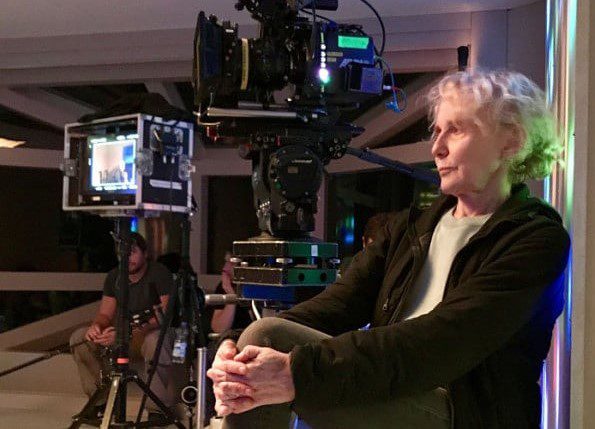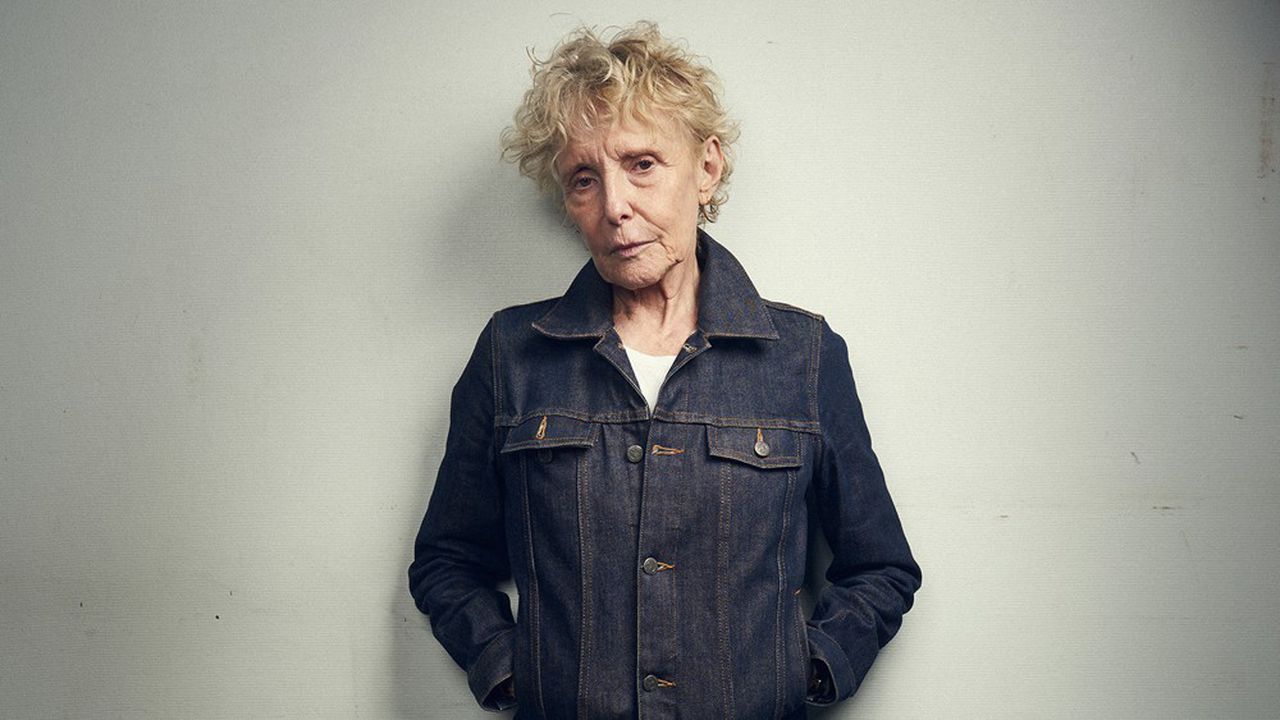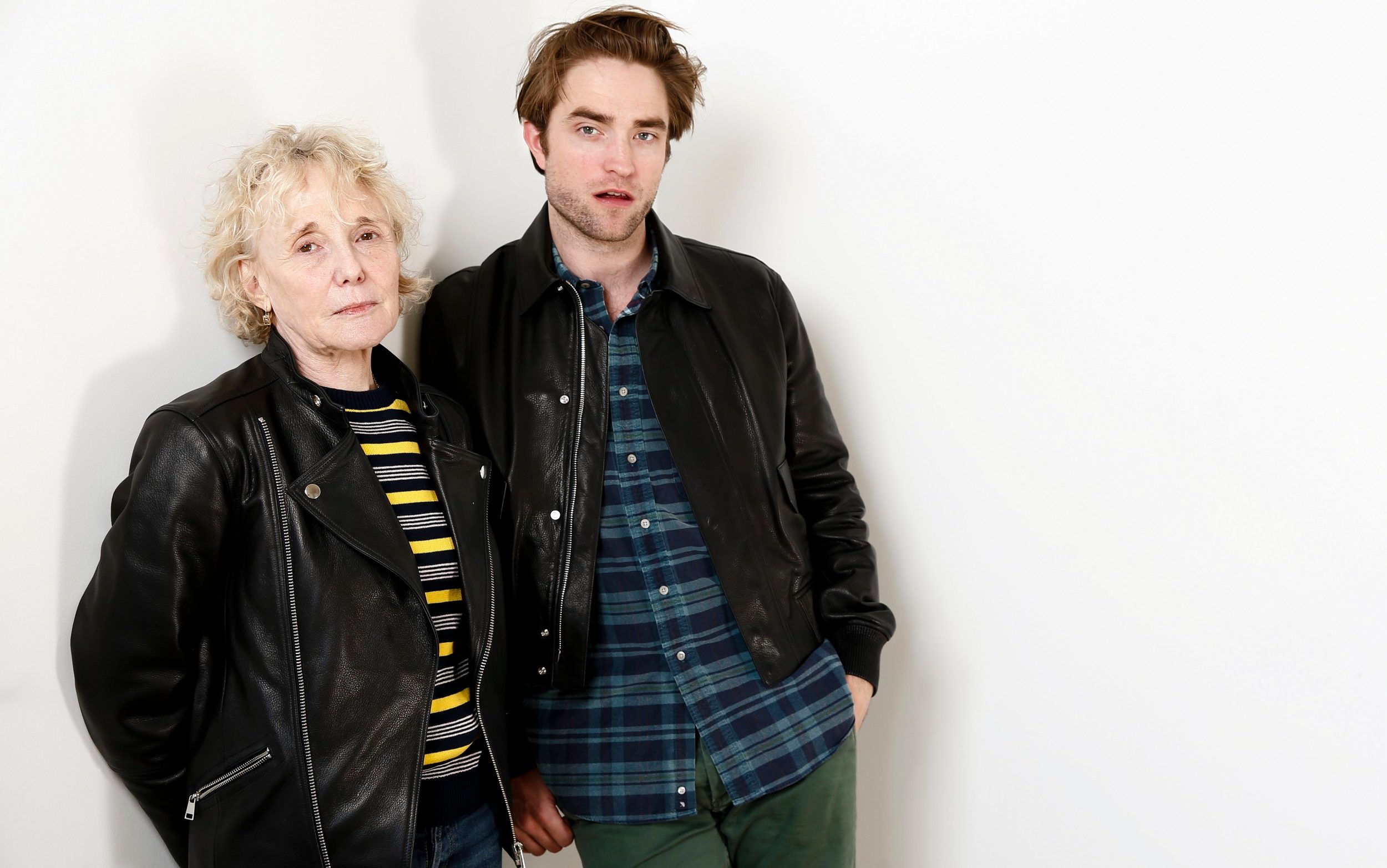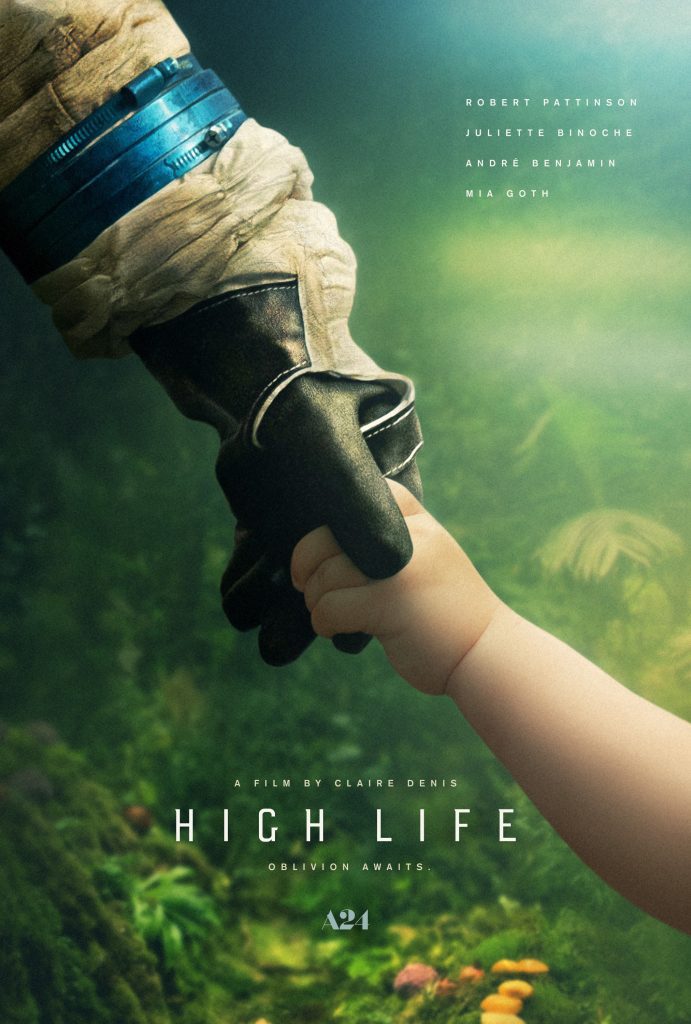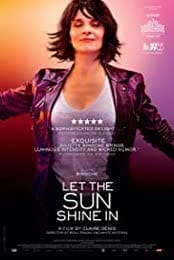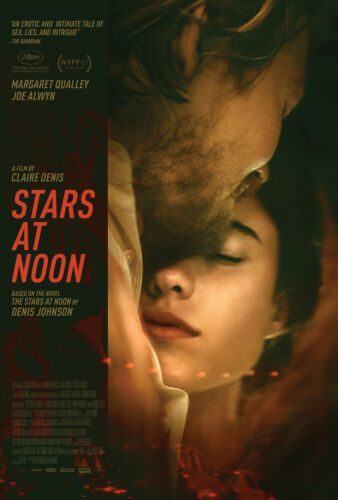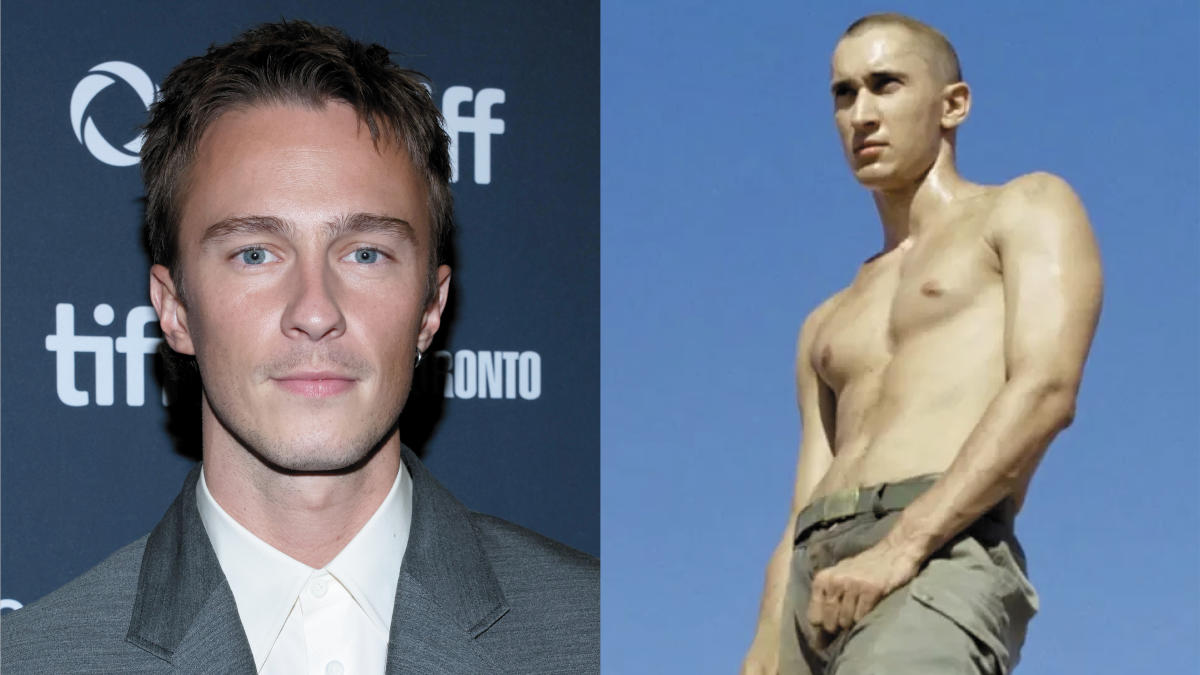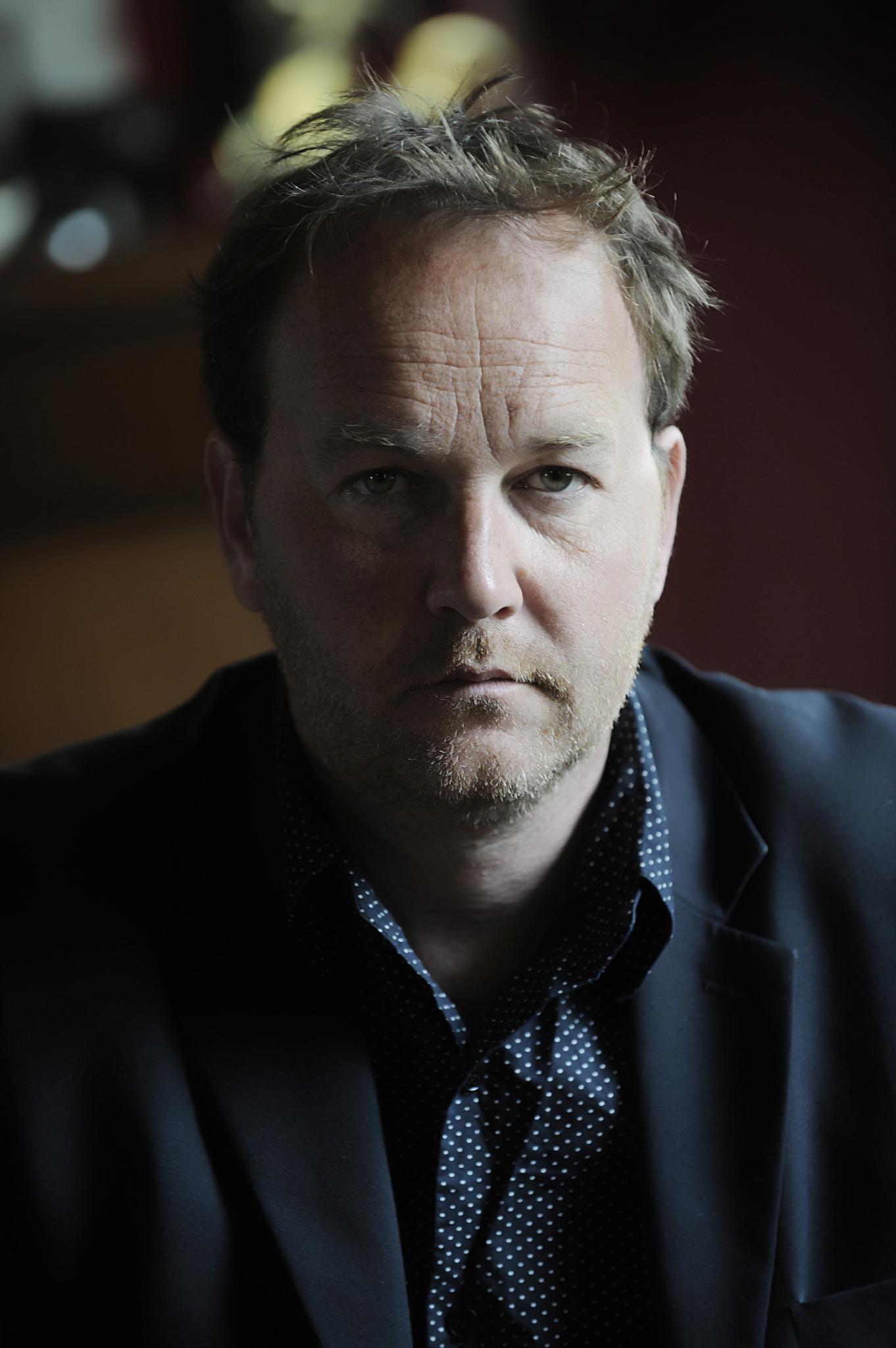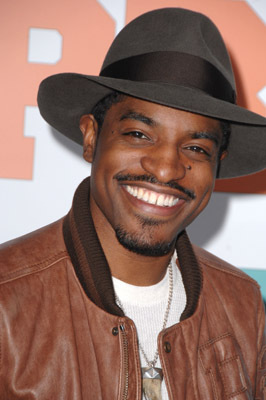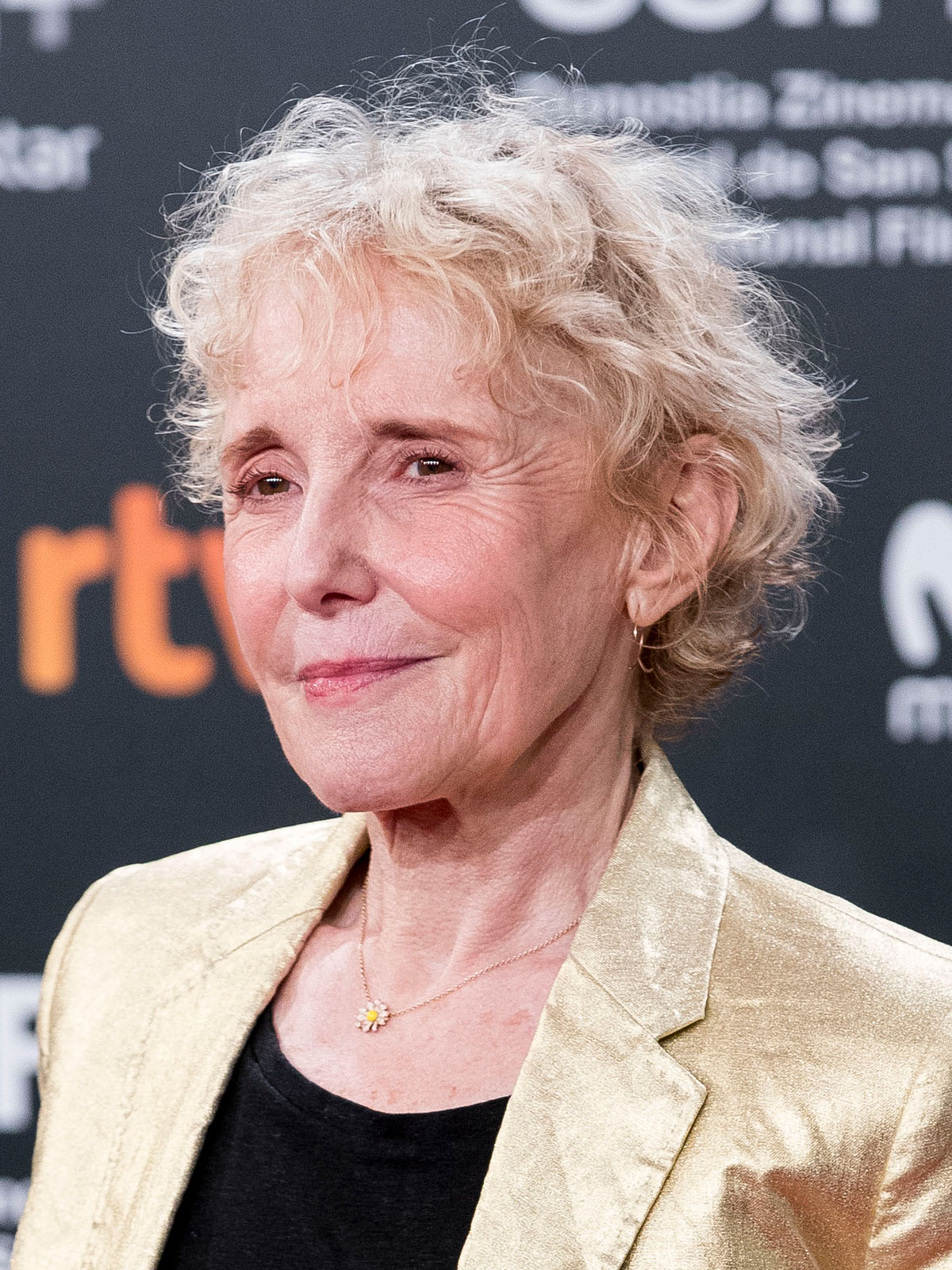
Claire Denis
Birthdate – April 21, 1946 (78 Years Old)
Birthplace – Paris, France
Firmly situated in the pantheon of living filmmakers, Claire Denis is a writer-director of daring, challenging films which have innovated film language and narrative in the 21st century. Denis is certainly the leading French filmmaker of the generation following the French New Wave and has defined the standard and stylistic concerns of what programmer-critic James Quandt has dubbed “The New French Extremity,” which includes fellow filmmakers Leos Carax and Gaspar Noé, though Denis is also strikingly different from those two iconoclasts.
Unlike many auteur European directors, Denis regularly works in various genres, including vampire movies (Trouble Every Day in 2001), war movies (Beau Travail in 1999), serial killer movies (I Can’t Sleep in 1994), crime fiction (Bastards in 2013) and science fiction (High Life in 2018). The prolific Denis produced two features in the first half of 2022—Fire, with Juliette Binoche and Vincent Lindon, and The Stars at Noon, with John C. Reilly, Margaret Qualley, and Joe Alwyn.
After graduating from France’s top film school, Institut des Hautes études cinématographiques, Claire Denis worked for over a decade in Europe and the U.S. (from 1974 to 1987) for major filmmakers such as Dusan Makavejev, Costa-Gavras, Jacques Rivette, Wim Wenders, and Jim Jarmusch on such films as Makavejev’s Sweet Movie (1974), Costa-Gavras’ Hanna K. (1983), Wenders’ Paris, Texas (1984) and Wings of Desire (1987), and Jarmusch’s Down by Law (1986).
Reflecting the challenges for women filmmakers securing financing in the 1980s, Denis didn’t make her first feature until she was 40, with her acclaimed autobiographical film growing up in Africa, Chocolat (1988), with Isaach de Bankolé and François Cluzet. She collaborated next with Bankolé on the cockfighting drama No Fear, No Die (1990), with Alex Descas and Solveig Dommartin. Denis diversified her filmography with documentary features, Man No Run (1989) and her portrait of French New Wave master Jacques Rivette, Jacques Rivette, and the Watchman (1990), as well as four short films.
Claire Denis turned to the true-crime case of serial killer Thierry Paulin for her third feature, I Can’t Sleep (1994), again co-starring Descas. Denis gained major international acclaim, including Locarno Film Festival’s best film Golden Leopard, for the beautifully observed abortion drama, Nénette et Boni (1996), with Grégoire
Colin, Alice Houri, and Valeria Bruni Tedeschi. Denis followed with her first masterpiece and possibly best-known film, Beau Travail (1999), based on Herman Melville’s novella, Billy Budd, and co-starring Colin and Denis Levant. Denis’ elliptical depiction of French Foreign Legion soldiers in training drew widespread international acclaim, announcing the advent of a new filmmaking style, and ranking #1 in the Village Voice’s Film Critics poll when the film was released in the U.S. in 2000. Denis moved into English-language filmmaking with her controversial vampire film, Trouble Every Day (2001), with Vincent Gallo, Descas, and Béatrice Dalle, followed by the dreamy nocturnal romance, Vendredi Soir (2002), her first collaboration with star Vincent Lindon and Valérie Lemercier.
Claire Denis took her innovative film language and style to new heights and complexity with her masterwork, L’intrus (2004), with Colin, Dalle, Descas, and Michel Subor, about a former French mercenary on a global quest for a heart transplant. Denis and her regular collaborators, cinematographer Agnès Godard and editor Nelly Quettier, created a vivid and mind-expanding universe that uses stark images, elliptical editing, and pacing to translate philosopher Jean-Luc Nancy’s essay of the same title, with influences (that Denis has noted) from painter Paul Gauguin and novelist Robert Louis Stevenson. The world of dance was Claire Denis’ focus for her remarkable documentary, Vers Mathilde (2005), artfully capturing the work of French choreographer Mathilde Monnier.
Denis turned to a looser, more relaxed mode with 35 Shots of Rum (2008), with Mati Diop, Colin, and Descas, who nevertheless delivered incisive observations about a father-daughter relationship is upended. Claire Denis returned to the material of her debut film Chocolat (with co-writer Marie NDiaye) for her ambitious, searing African colonial drama, White Material (2009), with Isabelle Huppert, Christopher Lambert, and Isaach de Bankolé. Turning to digital cinematography for the first time, Denis reconfigured her previous look at father-daughter relations with the complexly plotted Bastards (2013), starring Lindon, Chiara Mastroianni, Descas, Colin, and Subor.
Though she isn’t identified with romance cinema, Claire Denis explored the genre with star Juliette Binoche in Let the Sunshine In (2017) and pushed even further into science fiction with the English-language prison-drama-in-space, High Life (2018), starring Robert Pattinson, Binoche, Andre Benjamin, and Mia Goth. Once again, Denis managed a balance of major star talent above the title with a radical, elliptical style that turns a genre upside down. After four years, Claire Denis burst in 2022 with two films competing in back-to-back major festivals, Berlin (for the ecstatically reviewed love story, Fire, also known as Both Sides of the Blade and Avec amour et acharnement, co-starring Binoche and Lindon) and Cannes (for the Nicaraguan war thriller starring John C. Reilly, The Stars at Noon).
Photos
Personal Details
Although she was born in Paris, Claire Denis was raised by her parents in the French colonial African nations of Senegal, Cameroon, French Somaliland, and Burkina Faso. Her father worked as a French civil servant and deliberately changed his posts every few years in order to provide his family with a more global view of the world. A voracious reader from childhood, Claire Denis had to be sent back to France to be treated for polio at age 13 in 1959.
It proved to be a very uncomfortable adjustment, and Denis struggled with her career direction, which was initially economics and a study of Asian languages. In 1969, Claire Denis switched focus to filmmaking and gained admission into the competitive French film school, IDHEC (later reorganized as La Fémis), the same year that she married a professional French photographer. The couple divorced soon afterward. Denis graduated from La Fémis in 1971.
Some Facts About Claire Denis
Professor Denis: Claire Denis holds the title of Professor of Film at the European Graduate School.
Frustrating Festivals: Claire Denis’ films have competed ten times in the main competitions of the top European film festivals (Berlin (twice), Cannes (twice), Venice (three times), Locarno (once), Rotterdam (once), San Sebastián (once)) and has won only once for best film, Locarno’s Golden Leopard in 1996 for her fourth feature, Nénette et Boni.
Older, Faster: After making four features in nine years—from L’intrus in 2004 to Bastards in 2013—Claire Denis has recently accelerated her production, with four features in five years—from Let the Sunshine In in 2017 to The Stars at Noon in 2022.
Claire Denis, The Short Version: Denis, though best known for her feature films, has made eleven short films over 45 years, from her debut science fiction short, Le 15 Mai (1969) to the science-fact work, Contact (2014), a collaboration with artist Olafur Eliasson about black holes and other phenomena.
Awards
Winner, Best Director/Reader Jury Special Mention, Berlin Film Festival (2000, 2022); Winner, Directors Fortnight SACD Prize, Cannes Film Festival (2017); Nominee, Best Foreign Film, Independent Spirit Awards (1998); Winner, Golden Leopard (Best Film), Locarno Film Festival (1996); Winner, Honorary Prix Jean Vigo (2021); Winner, International Critics Prize, San Sebastián Film Festival (2018).

